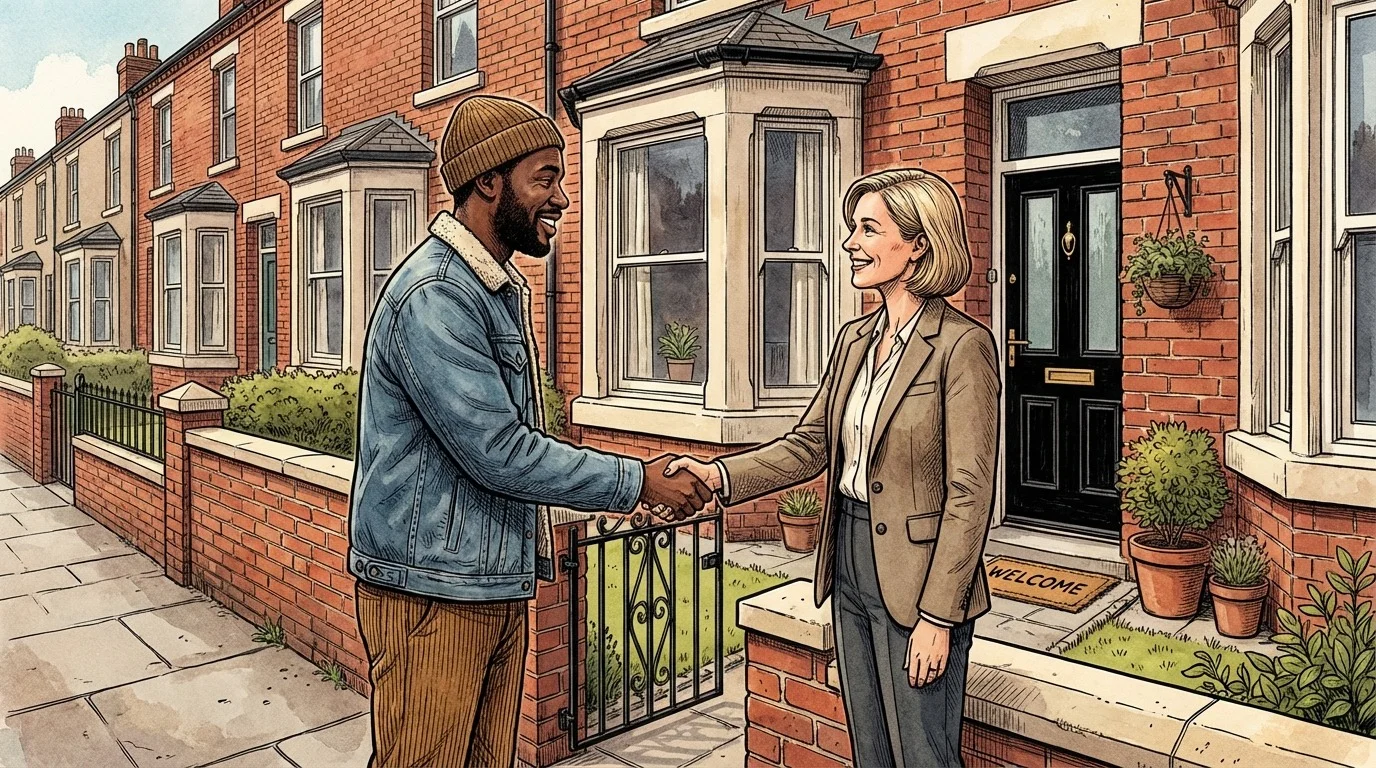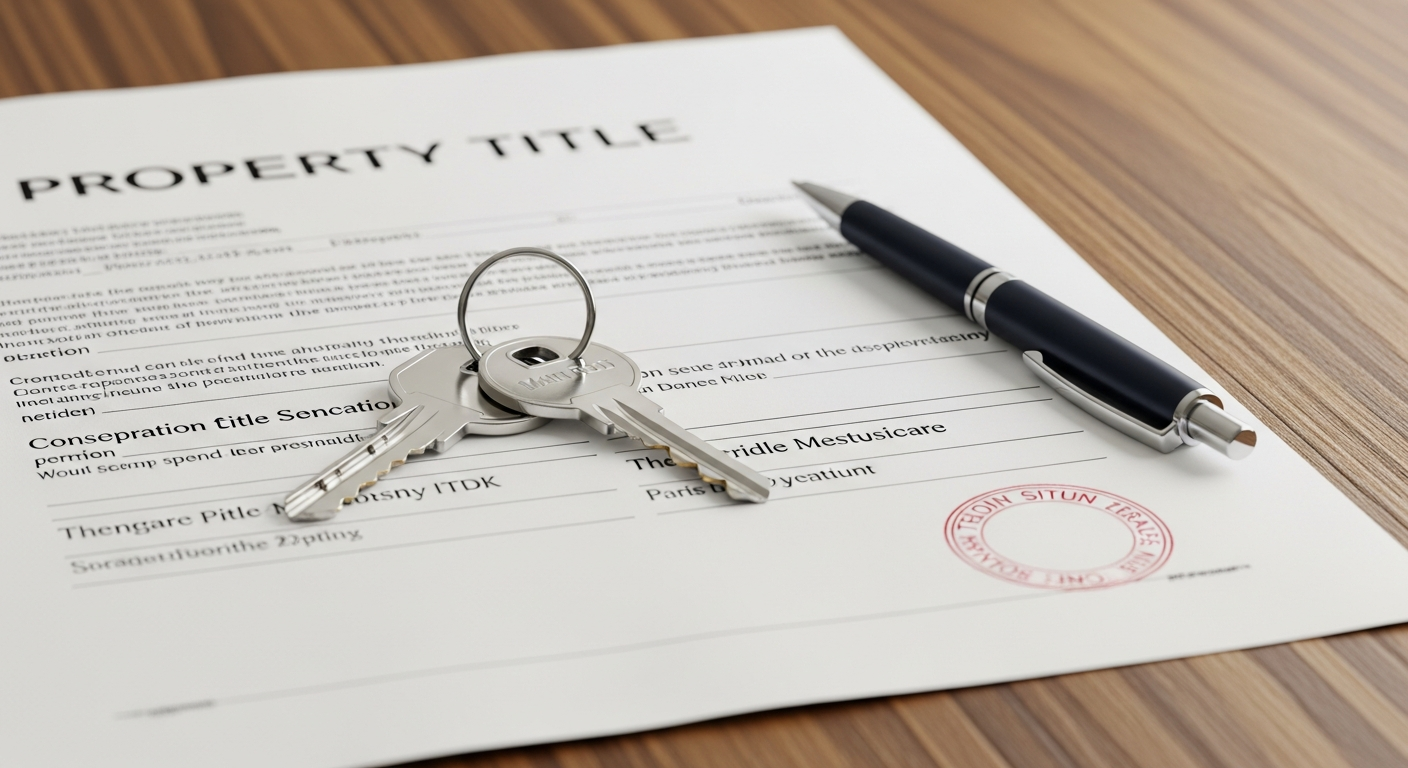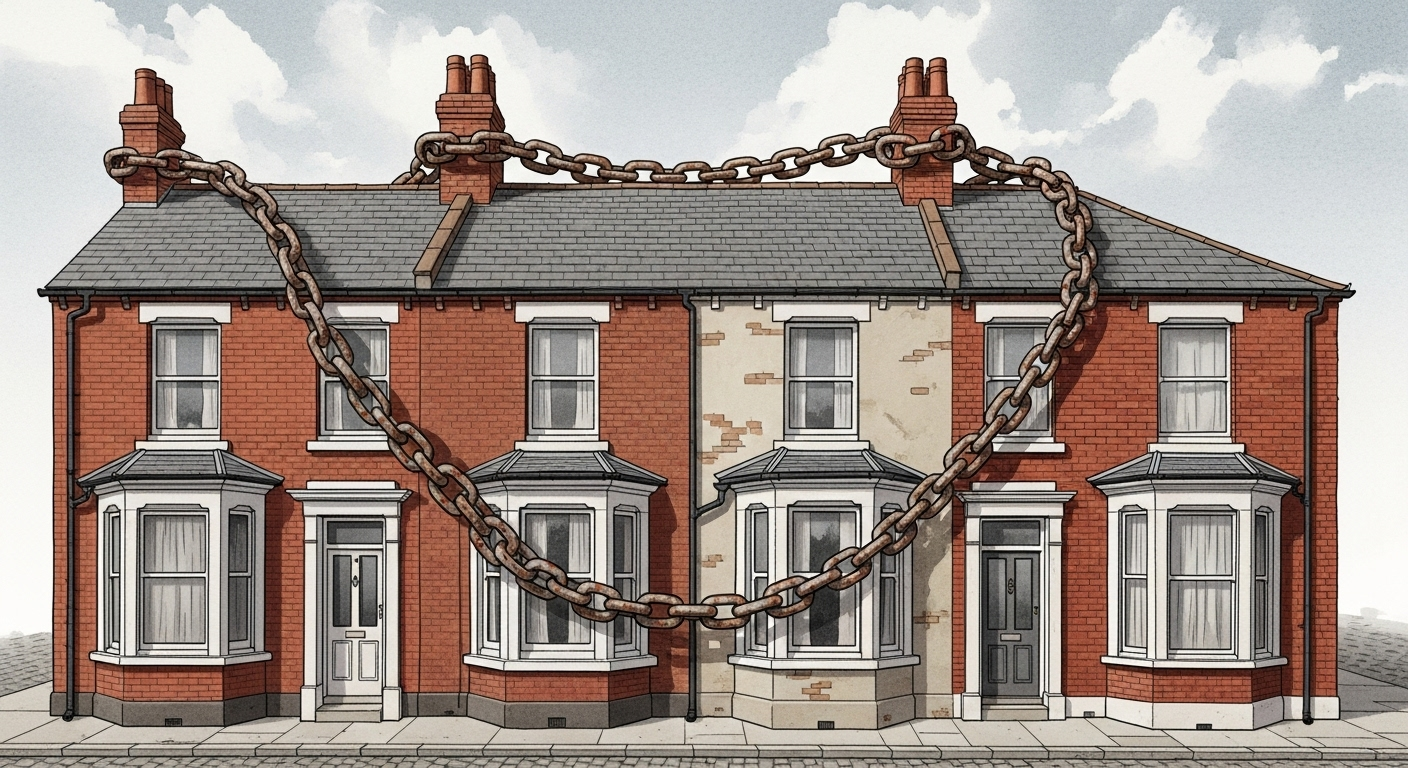Blog
Guide

Restrictive Covenants
If you’re buying or selling a home, you may be aware that many properties can have covenants written into their deeds, or someone has advised you to check into their existence. Here is some information about these covenants. You’re almost certainly going to need professional help in understanding and dealing with them. Restrictive Covenants are conditions written into your deeds or contract which prevent you from doing certain things or making alterations. Examples are using the property for business, keeping certain pets, building walls or fences above a stated height, parking commercial vehicles or caravans on the property, and those related to noise nuisances, outside lighting, satellite dishes and solar panels.
Usually they are imposed by owners or developers to uphold standards for residents and are common for new-build properties. They can also be imposed on older properties and unless they can be shown to be outdated or ambiguous, can be enforced. When you use Arrow Conveyancing, they will be on the lookout for them and will advise you accordingly. Also you should bear in mind that these restrictions will eventually pass to any new owner after you, and may affect the future value of the property. Mortgage lenders will be wary of any covenant affecting the property’s future value and may impose certain conditions for acceptance.
If you breach a restrictive covenant, you could be forced to undo the work and reinstate its former condition or be subject to legal action. You may also have to pay compensation. If you breach a covenant in your lease, the landlord could terminate the lease. Arrow Conveyancing will check that the wording is clear and enforceable. It may be possible to insure against further breaches if there has been no complaint for at least a year. This type of insurance can be passed onto new owners. Again, Arrow Conveyancing can ensure you receive the correct guidance.
Related to Restrictive Covenants are Rights of Way and Easements. An easement is a right that a person has over some property or land which does not belong to them. Commonly, an easement will be a right of way which allows someone to cross over their neighbours land to get to their property. The right of way may be expressed in the deeds to the property or may be implied or gained over long standing use. There may be a description of the right of way, for example it may only be for pedestrians. If your property has a right of way running through it but you do not have any legal paperwork defining the terms and conditions of its use, it can be a good idea to draw up an easement in order to clarify the use should it need to be questioned. An easement may be described in the deeds or contract of the home you are buying or, if you are selling, will need to be created by composing a contract using the correct legal terms. If you are planning to create an easement with another party, perhaps a neighbour, it is advisable to meet with them to discuss what rights of way that they wish to use and any restrictions that you may want to place on them. Arrow Conveyancing will draw up the final draft in order to make it legally binding.
Another very common restrictive covenant is one that states that a house must only be used as an individual dwelling. Therefore it would break the covenant if a new owner wanted to convert the property into flats. In recent years there has been a considerable shortage in the amount of affordable housing on the market and for this reason, a clause was included in the 1985 Housing Act which made it easier for single dwellings to be converted into flats.
It may be possible to remove a restrictive covenant if you can find the beneficiary and get their consent. It has to be shown that the covenant has become outdated or obsolete, that its continuation would restrict reasonable use of the land, and that its removal will not be detrimental to the beneficiary. Arrow Conveyancing have a lot of expertise here and will take on the process.
Put yourself in safe hands with Arrow Conveyancing. We’re friendly, reliable and very experienced. Call us to discuss your purchase or sale.
For more information about conveyancing, and buying and selling your property, contact the experts, Arrow Conveyancing Ltd.
Choose Arrow Conveyancing for:
Fast, efficient transactions
Transparency and fixed legal fees
Award-winning professionalism
Arrow Conveyancing Ltd.
Call: 0116 266 5394 Email: hello@arrowconveyancing.co.uk
Disclaimer
The materials on this website do not constitute legal advice and are provided for general information only. Whether express or implied, no warranty is given concerning such materials. We shall not be liable for any technical, editorial, typographical, or other errors or omissions within the information provided on this website, nor shall we be responsible for the content of any web images or information linked to this website.
The information contained in this article does not constitute financial advice or recommendation and should not be considered as such. Arrow conveyancing does not offer financial advice and is not regulated by the Financial Conduct Authority (FCA), the authors of this article are not financial advisors and are therefore not authorised to offer financial advice.
Published on :
December 8, 2024










.png)





